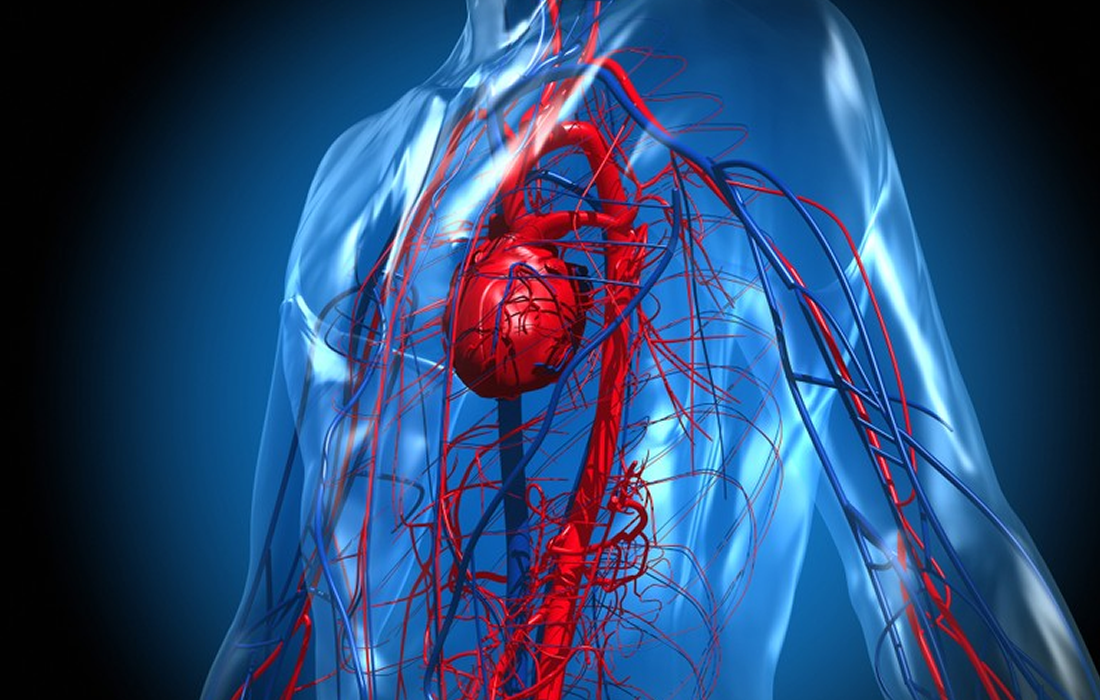Regenerative Medicine News and General Information
New Study Findings: Angiotensin II Induces Kidney Damage
There is a system in our body, called Renin-Angiotensin-Aldosterone system which is implicated in hypertension, cardiovascular and kidney diseases, where an enzyme, angiotensin II causes vasoconstriction and induces reactive oxygen species (ROS) leading to vascular inflammation and injury.
This system is a critical regulator of blood volume and systemic vascular resistance. The 3 components of the system, renin, angiotensin II and aldosterone act to elevate arterial pressure in response to decreased renal blood pressure, decreased salt and/or beta-agonism. Through these mechanisms, the body can elevate the blood pressure in a prolonged manner if needed.
ROS signals can induce senescence of cells and are associated with the upregulation of different cell cycle proteins, such as p16Ink4a, p15Ink4b, p21CIP1.
New Study Findings
A new study published in the journal Frontiers in Cell and Developmental Biology by researchers at Georgetown Lombardi Comprehensive Cancer Center has found in a mice model that stress and tissue damage initiated by angiotensin II, can lead to cellular senescence, a process by which a cell ages and permanently stops dividing but does not die.
We’ve known that angiotensin II can lead to hypertension and cellular damage, but our findings show that chronic, stress-induced damage due to slightly elevated blood pressure could be reduced by eliminating senescent cells. By preventing the harmful effects of angiotensin II, we revealed a novel mechanism for eliminating senescent cells that could potentially be used to develop targeted drugs to eliminate these cells.”
Irfan Khan, MD/PhD candidate, Tumor Biology program, Georgetown University and first author
The researchers found that the stress caused by angiotensin II results in less flexibility in the lining of the blood vessels, which in turn leads to higher blood pressure. They also found that these effects are particularly pronounced in the kidneys and not in the brain or lungs.
“Essentially, we’re building the biological basis for a new therapeutic approach to address the senescence aspect of disease that has mostly been unexplored and untreated. Eliminating senescent cells with a tolerable, short-term therapy could potentially alleviate chronic cardiovascular disease and reduce the need for a lifetime of therapy.” Anton Wellstein, MD, PhD, Professor of oncology and pharmacology at Georgetown Lombardi.
The researchers considered that although anti-senesce drugs are not going to be the fountain of youth. They hope to be able to reverse some premature tissue damage, especially in the kidneys.
Source:
Emely Henderson, B.Sc. (2021, Dec 8). Study shows how senescent cells can be an underlying cause of kidney damage. News Medical. Retrieved from:
https://www.news-medical.net/news/20211208/Study-shows-how-senescent-cells-can-be-an-underlying-cause-of-kidney-damage.aspx
Irfan Khan, et al. Low Dose Chronic Angiotensin II Induces Selective Senescence of Kidney Endothelial Cells. Front Cell Dev Biol. 2021.
https://doi.org/10.3389/fcell.2021.782841
Fountain JH, Lappin SL. Physiology, Renin Angiotensin System. [Updated 2021 Jul 22]. In: StatPearls [Internet]. Treasure Island (FL): StatPearls Publishing; 2021 Jan-. Available from: https://www.ncbi.nlm.nih.gov/books/NBK470410/
Image from:

